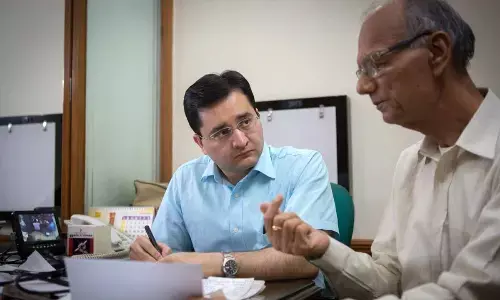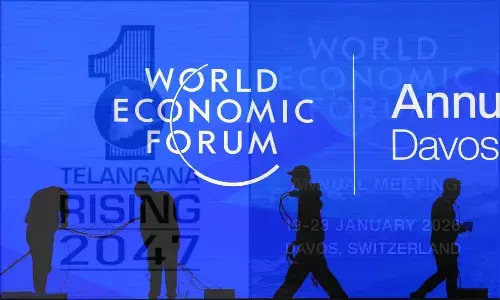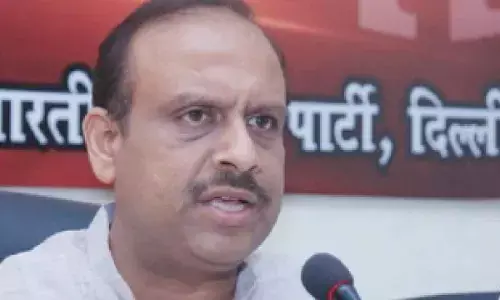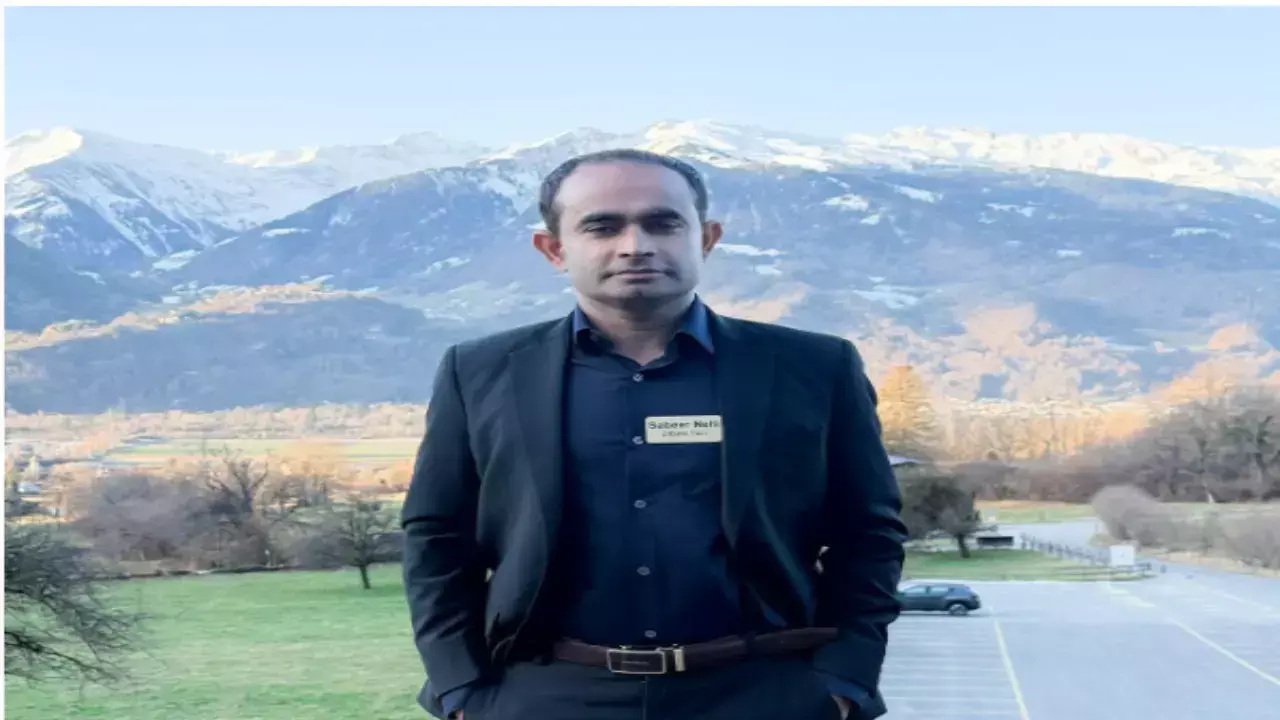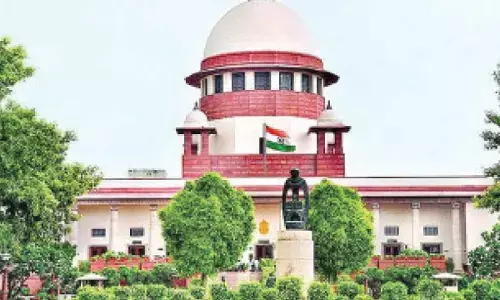Why moral power is important than politics
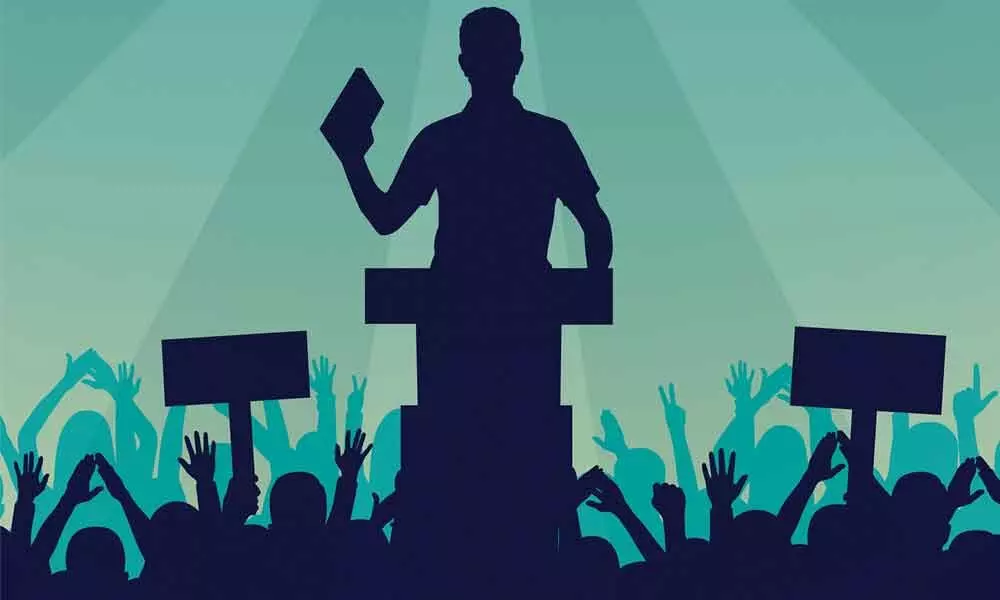
Why moral power is important than politics
The Hathras crime of Uttar Pradesh has rightly erupted onto the national limelight not only because of the manner in which the alleged rape has taken place but also in the manner in which the victim's body was cremated in the wee hours and in the absence of the victim's family members
The Hathras crime of Uttar Pradesh has rightly erupted onto the national limelight not only because of the manner in which the alleged rape has taken place but also in the manner in which the victim's body was cremated in the wee hours and in the absence of the victim's family members.
There are conflicting claims since then with the authorities claiming that no rape had taken place and no torture signs found on the victim. The accused and the upper castes which are supporting them claim that rape was a false accusation.
The Yogi government is content with ordering a SIT inquiry first and then asking the CBI to take over after suspending some police officials. Next, the political developments take over and it is now the ruling party vs the Opposition and a section of the media vs another.
Every crime poses a problem becomes it gets politicised. Prejudice may be justifiable in most of the cases because of lack of confidence in the ruling dispensation and authorities. Justice is often denied and even the police do not do their job sincerely. Everything is justified in the name of democracy. Did we ever ponder over what should be at the core of the political theory?
Mahatma Gandhi preferred moral power at the core rather than politics. If at all there was violence, it was only because of the failure of the legitimate political power. Nowadays there are only forces that curb and threaten liberty. Here is where Gandhi sought to consider democracy not as a political regime, but as a value, which needed to breathed and cherished. Electoral politics are at the core of democracy and not moral values.
In the name of democracy someone wields the power and claims legitimacy over the same. Gandhi's defence of institutions of the liberal constitutional state did not mean that he justified them in terms of his political philosophy.
To the contrary, politics for Gandhi, was an act of consciousness, not a mode of living taken for granted. Gandhi did not see the goal of political action as the immediate capture of office. According to him, the basic condition of political action was the elimination of violence. His principal aim was to civilise modern politics from within, by shorting the circuit of resentment, hatred and coercion.
The problems of the minority must never be overlooked. The individual was of too great an importance to be disregarded in favour of the abstract "good of the many". Gandhian philosophy diverges from the utilitarian principle of striving to maximise the happiness of the majority. Truth could not be measured by the majority vote, therefore.
A votary of ahimsa cannot subscribe to the utilitarian formula. But that was Gandhi and he was never a politician. Look at the cases of 'Nirbhayas' and 'Dishas' in the country. In case of Hathras too each party justifies its stand, by the utilitarian standard and according to its idea of utility.
This case too only flares up further into a political clash and 'woo-the-voter' politics soon making us forget the larger debate - the fate of SCs/STs' in this country. If the ruling dispensation wonders why its version does not prevail, it should read Gandhi once again.









